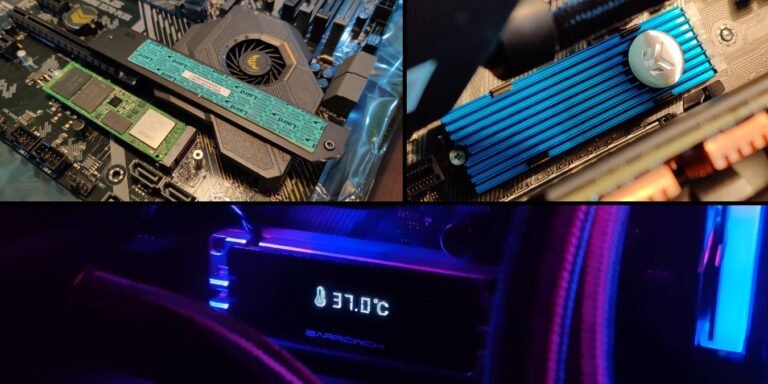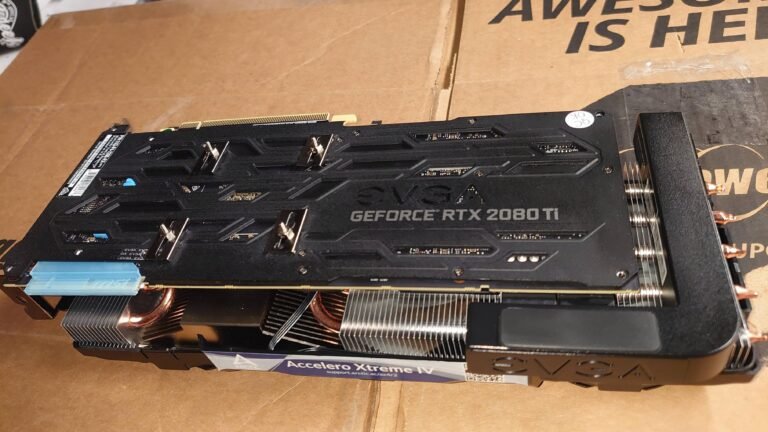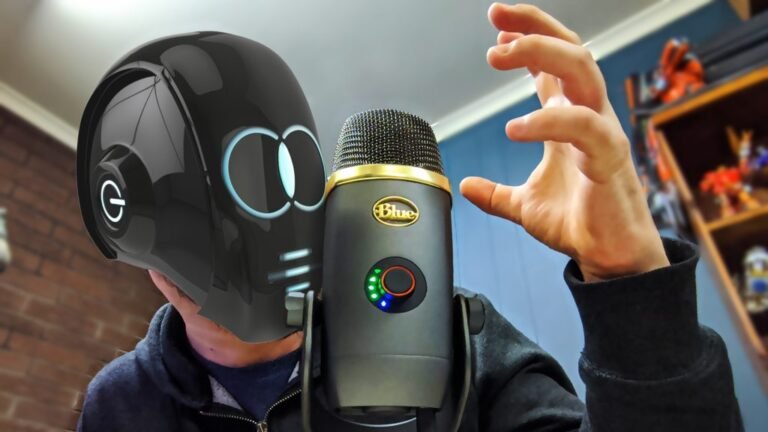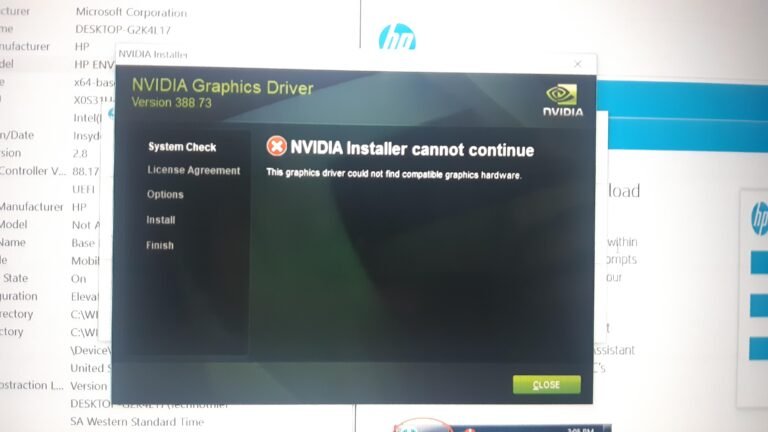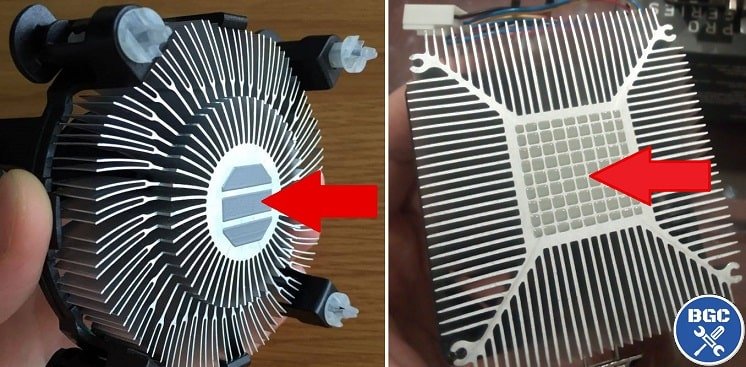Does Rgb Affect Performance
No, RGB does not affect performance.RGB is a color space that defines how colors are represented in digital images. The RGB color space is used in computers, TVs, and other electronic devices.
Are you looking for a new monitor and wondering if RGB is worth the extra money? The answer may depend on what you value most in a monitor. Here are some things to consider when making your decision.
RGB monitors have been shown to provide better color reproduction than their non-RGB counterparts. If color accuracy is important to you, then an RGB monitor may be worth the investment.
RGB monitors also tend to be more expensive than non-RGB monitors.
If price is a major consideration for you, then an RGB monitor may not be the best option.
Finally, keep in mind that RGB does not necessarily mean better performance overall. If you’re primarily concerned with things like response time and refresh rate, then an RGB monitor may not offer any significant advantage over a non-RGB model.
Does Rgb Affect Fps
Are you a gamer who’s looking to get the most out of your graphics card? If so, you’ve probably wondered whether RGB affects FPS. The short answer is: no, RGB does not affect FPS.
Here’s a more detailed explanation:
RGB (red-green-blue) is a color encoding system that is used by display devices such as TVs and monitors. It has nothing to do with how fast your graphics card can process information.
So changing the RGB settings in your graphics card software will not affect FPS.
However, there are some indirect ways that RGB can affect FPS. For example, if you have an LED strip attached to the back of your monitor, changing the color of the LEDs can affect how much light is emitted from the strip.
This in turn can affect how easy it is for you to see the screen, which could indirectly impact your gaming performance. Similarly, if you have an RGB keyboard or mouse, changing the color settings could also indirectly impact your gaming performance depending on how well you can see the keys or cursor against the background colors.
Overall, though, RGB does not have a direct impact on FPS.
So if you’re looking to improve your gaming performance, focus on other things like optimizing your graphics settings or upgrading your hardware.
Does Rgb Increase Heat
The short answer is yes, RGB lighting can increase heat. This is because the extra light given off by RGB LEDs can add extra heat to your components. However, there are a few things you can do to help offset this issue.
One way to help offset the increased heat is to make sure your case has good airflow. If your case doesn’t have good airflow, then the hot air from your components will just get trapped inside and cause everything to heat up more. You also want to make sure that you’re not overclocking your components too much.
Overclocking can cause additional heat, so if you’re already running close to the edge with your temperatures, it’s best to leave it at stock speeds.
Of course, if you’re really worried about the increased heat from RGB lighting, you can always just turn it off when you’re not using it. That way there’s no chance of anything overheating.
Does Rgb Keyboard Affect Performance
No definitive answer exists to this question. Some users believe that an RGB keyboard can help improve their performance, while others find no difference. Ultimately, it is up to the individual user to decide whether or not they think an RGB keyboard makes a difference in their gaming or typing performance.
Does Rgb Increase Fps
Are you looking for ways to improve your FPS in games? If so, you may have come across the term “RGB.” But what is RGB, and does it really help improve FPS?
Let’s take a look.
RGB stands for red, green, and blue. These are the three primary colors of light.
When combined in different proportions, they can create any color imaginable.
So how does this relate to gaming? Well, some gamers believe that using an RGB monitor can help increase their FPS (frames per second).
The logic behind this is that by having more colors on screen, your GPU (graphics processing unit) has to work harder to render them all. This extra work supposedly results in a higher frame rate.
However, there’s no scientific evidence to support this claim.
In fact, most experts say that RGB monitors have no effect on FPS whatsoever. So if you’re looking to improve your gaming performance, investing in an RGB monitor is not the way to go about it.
Does Rgb Use More Power
RGB lighting is a popular way to add some pizzazz to a computer setup, but it can also be a power hog. If you’re not careful, your RGB lighting can easily consume more power than your entire system! Here’s what you need to know about RGB lighting and power consumption.
How much power does RGB use?
The answer depends on several factors, including the type of RGB lights you’re using and how many lights you have. Generally speaking, however, each individual RGB light uses very little power.
It’s when you start adding multiple lights that things can get out of control.
For example, let’s say you have six 12V RGB LED strips, each containing 30 LEDs. If those LEDs are all running at full brightness, they could theoretically consume up to 360 watts of power!
Of course, in reality they would probably consume less than that since LEDs aren’t 100% efficient. But even if we assume 80% efficiency for the sake of argument, that’s still 288 watts of power being used by your RGB lighting alone. And that’s not even counting any other components in your system like your CPU or GPU which are also consuming electricity.
So what can you do to reduce the amount of power your RGB lighting consumes? First and foremost, make sure you only turn on as many lights as you need. There’s no point in having 50 different colors displayed if it’s just going to look like a rainbow blur anyway.
Second, invest in LED strips with built-in controllers so you can dim the lights when necessary. Third, consider using lower-voltage (5V or 3.3V)addressable LEDs instead of 12V ones since they’ll use less power overall. Finally, remember that most modern computers come with built-inRGB lighting controls so there’s no need to go overboard with aftermarket solutions unless you really want to!
Credit: www.reddit.com
Does Rgb Affect Gaming Performance?
No, RGB does not affect gaming performance.RGB is short for red green blue. These are the colors that make up your computer’s display. When it comes to monitors, there are two types of screens: TN and IPS.
TN panels have lower response times, which is important for gamers who need to react quickly to what’s happening on-screen. IPS panels have better color reproduction, which is why they’re often used for professional photography and graphic design.
Does Rgb in Pc Affect Performance?
The quick answer is no, RGB in PC does not affect performance. RGB lighting is primarily a cosmetic feature that has become increasingly popular in recent years as a way to add some personality and style to your gaming rig. While there are some high-end RGB kits that can get pricey, the vast majority of RGB components and peripherals are very affordable.
So, if you’re on a tight budget, don’t worry about skimping on the RGB – your games will still look and play great!
Does Using Rgb Decrease Fps?
No, using RGB does not decrease FPS. In fact, using an RGB color profile can actually improve FPS by giving you a wider range of colors to work with. The only time you might see a decrease in FPS is if your computer is not powerful enough to handle the increased color data.
Does Rgb Light Increase Fps?
No, RGB light does not increase FPS. However, some gamers believe that it can help improve their visual acuity and reaction time, which could potentially lead to a higher FPS. There is no scientific evidence to support this claim, however.
RGB Lighting as Fast As Possible
Conclusion
Overall, it seems that RGB lighting does not have a significant effect on performance. However, there are some potential benefits to using RGB lighting, such as reducing eye strain and creating a more visually appealing environment. Ultimately, whether or not to use RGB lighting is a personal decision.






